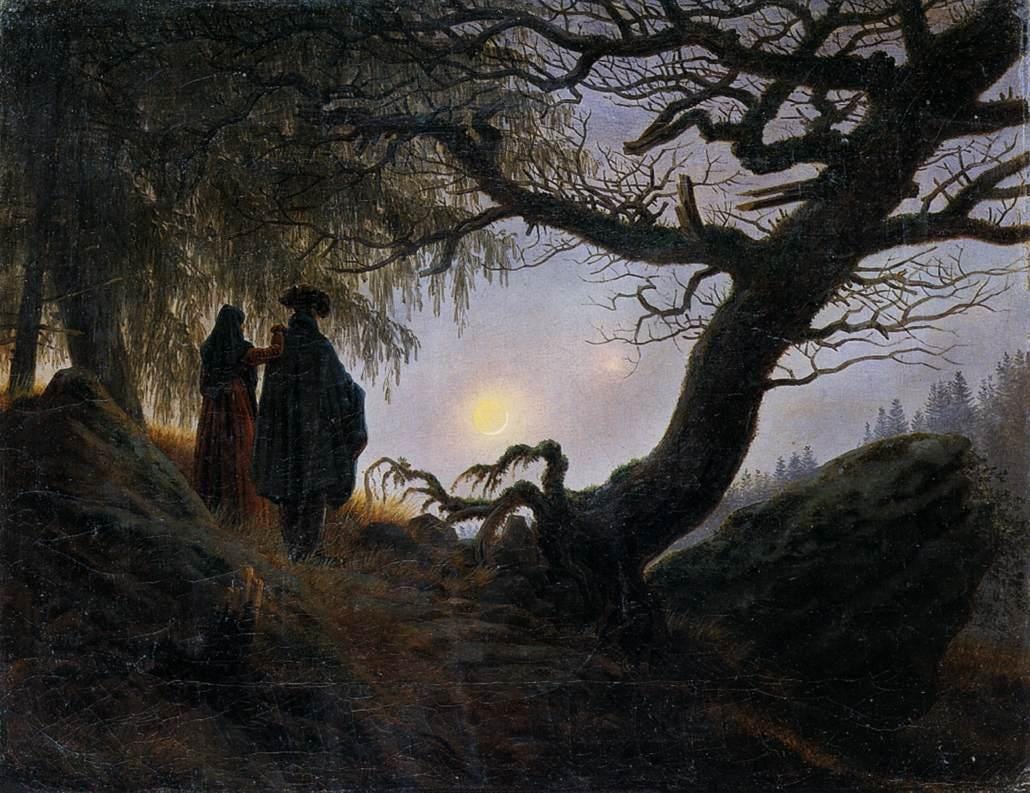Thoughts of the day
Continuing with yesterday’s theme of learning to be in the present, and balancing that with a terrifyingly unknown future.
It is common knowledge, perhaps the world’s shared dirty secret, that we worry so much about what will happen in the future, we forget to be in the present. The future becomes an elusive better version of the present, always just slightly out of reach. We get used to things.
To be able to plan ahead is a blessing, but planning for the future and simply expecting the future to be happier are two very different acts. The future is unpredictable. The present is all we have. Yet - and this is the paradox of the present - we cannot enjoy the present until the future is ‘set’.
So, we begin to seek ways to make the present a happy one, one in which constant worries about the future evaporate.
One way to do this is to remember that the future is not entirely out of our control. The present and the future are connected by our actions today, which can set us up for a better tomorrow. Looking after our bodies, and our minds. Putting some money aside for a rainy day, or the trip of a lifetime. Nurturing our relationships.
And there are small acts we can do to bring ourselves back to the present moment, to appreciate what we have today.
Try to notice things more, focusing on the detail. How does it feel to take a walk in the sunshine? Or to watch the waves break on the shore? How many more times in your life will you get the opportunity to do this?
Journalling can also bring us back to ourselves, by asking us to pay attention to our thoughts and feelings. Through writing this time and time again, I have learned what it means to be in the present (less so how to practice it).
And finally, we can also ask ourselves two liberating questions. The first is when we catch ourselves thinking about a seemingly catastrophic future scenario: ‘So what’. The second is when we start taking things for granted: ‘What if’. ‘So what’ if you are five minutes late for that meeting? ‘What if’ this is the last time you get to visit your favourite city?
When thinking about the future as the pinnacle of a happier life, we tend to focus on what we might have when we get ‘there’, forgetting what might be gone.
Alan Watts was a British writer, and among the first to popularise Buddhism, Taoism, and Hinduism for a Western audience, in a move away from morality and towards spirituality. Though a controversial intellectual figure, with critics across multiple camps, his words still ring true:
“If to enjoy even an enjoyable present we must have the assurance of a happy future, we are “crying for the moon.” We have no such assurance. The best predictions are still matters of probability rather than certainty, and to the best of our knowledge every one of us is going to suffer and die. If, then, we cannot live happily without an assured future, we are certainly not adapted to living in a finite world where, despite the best plans, accidents will happen, and where death comes at the end.”
— Alan Watts



